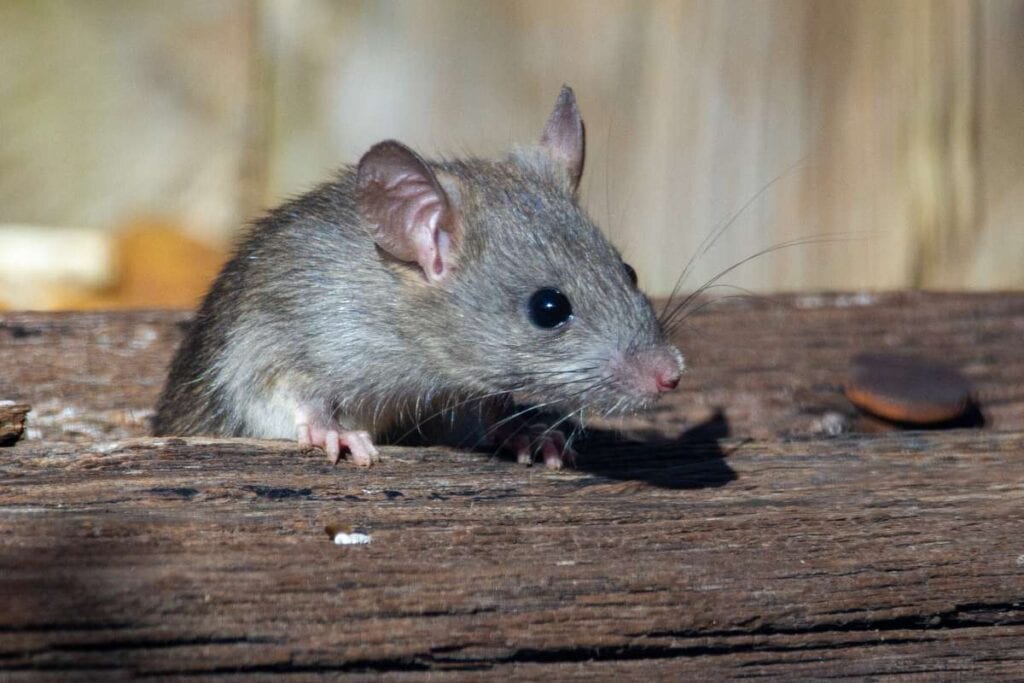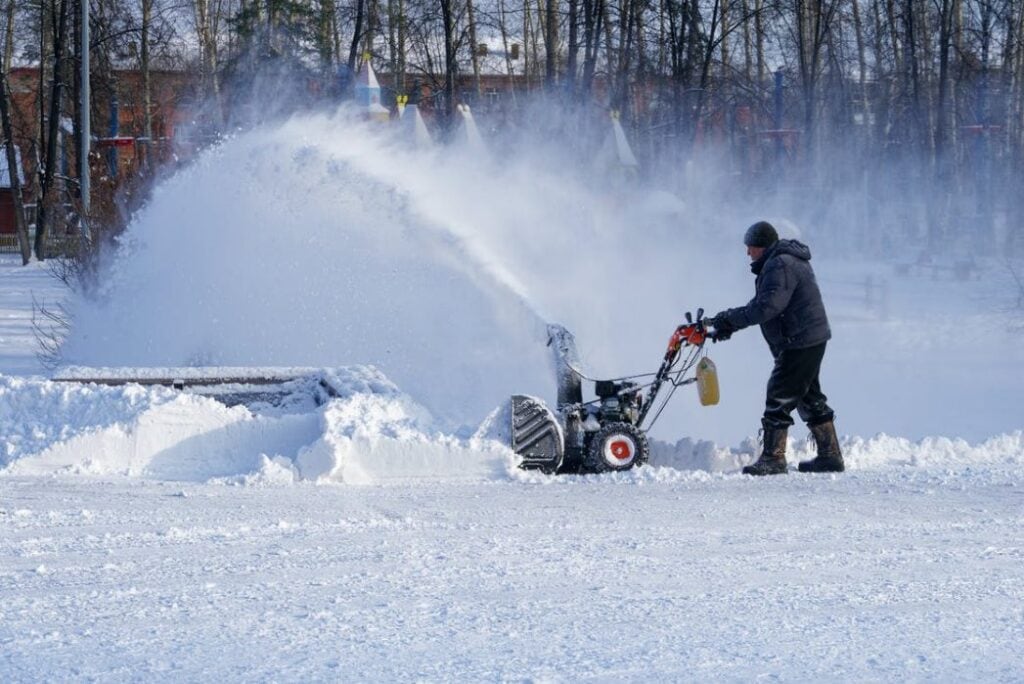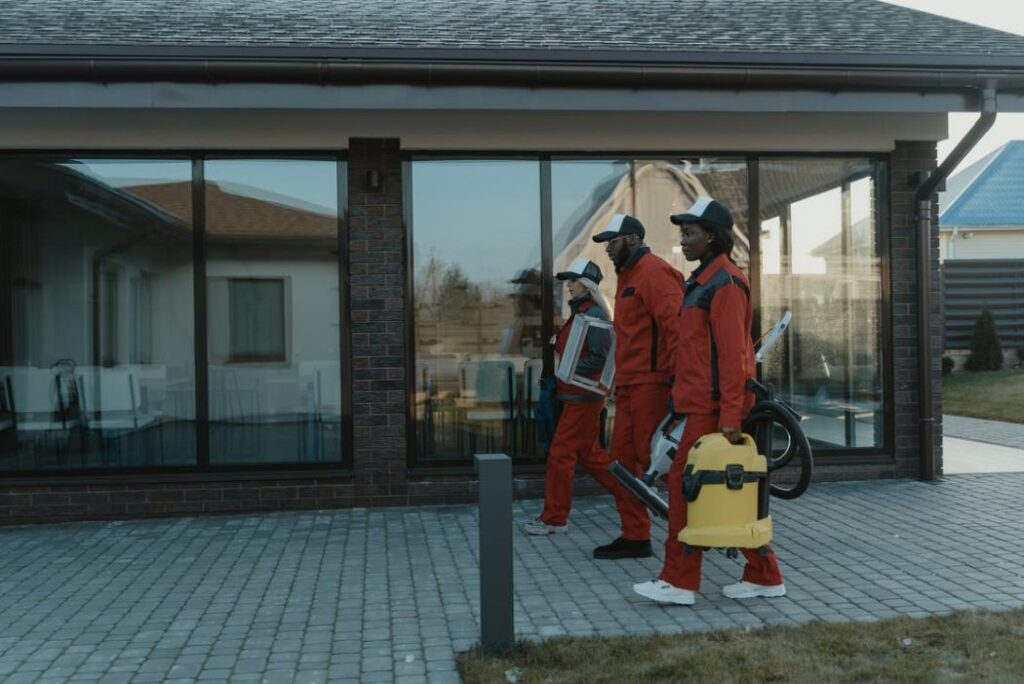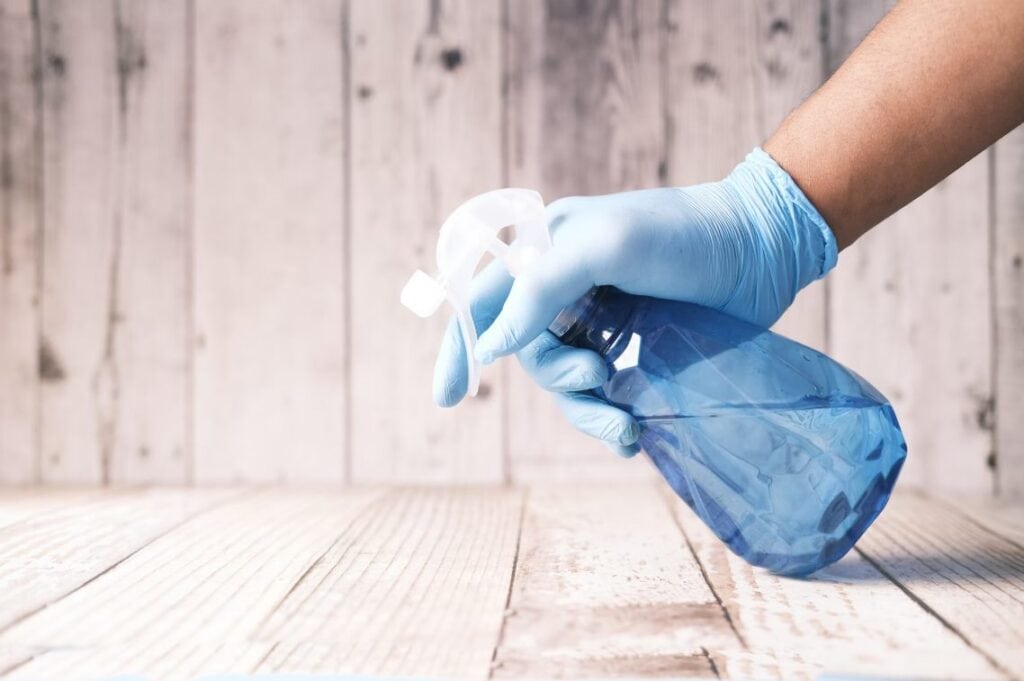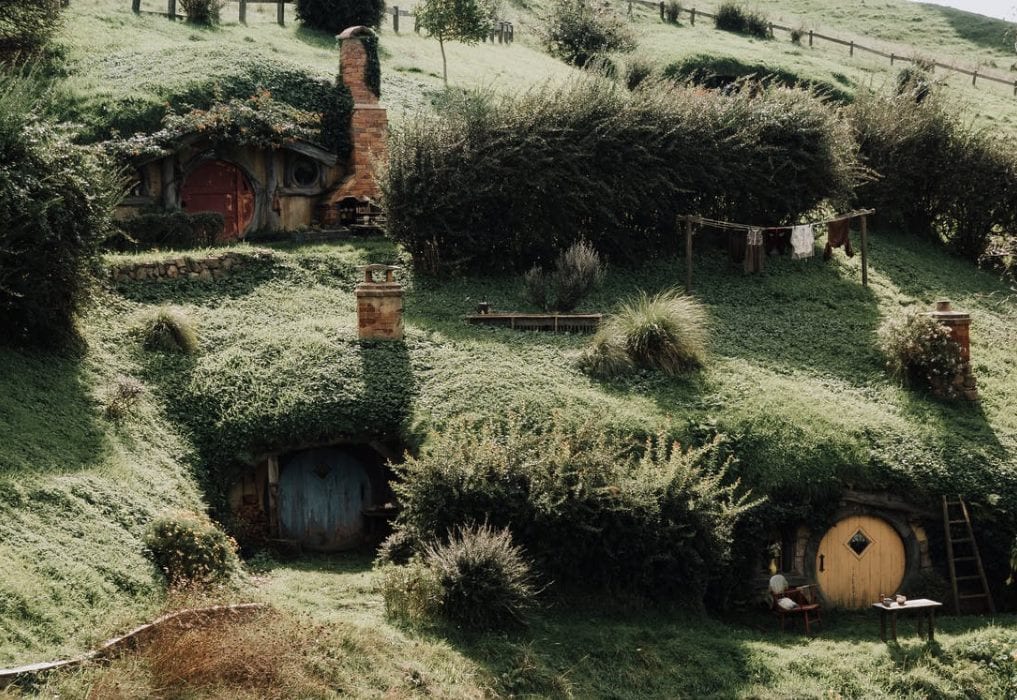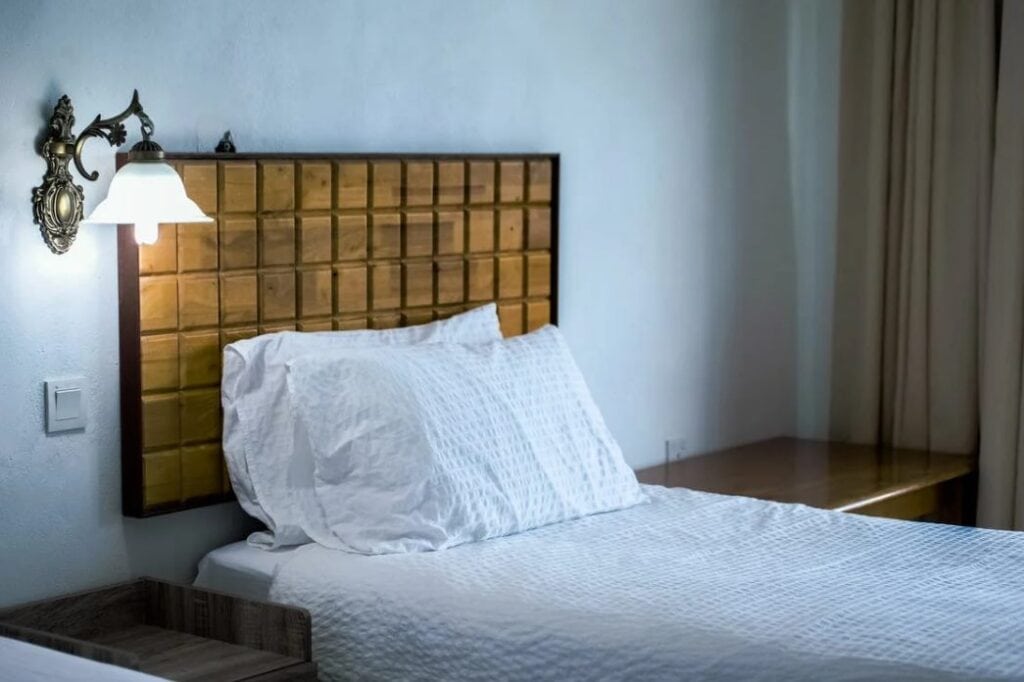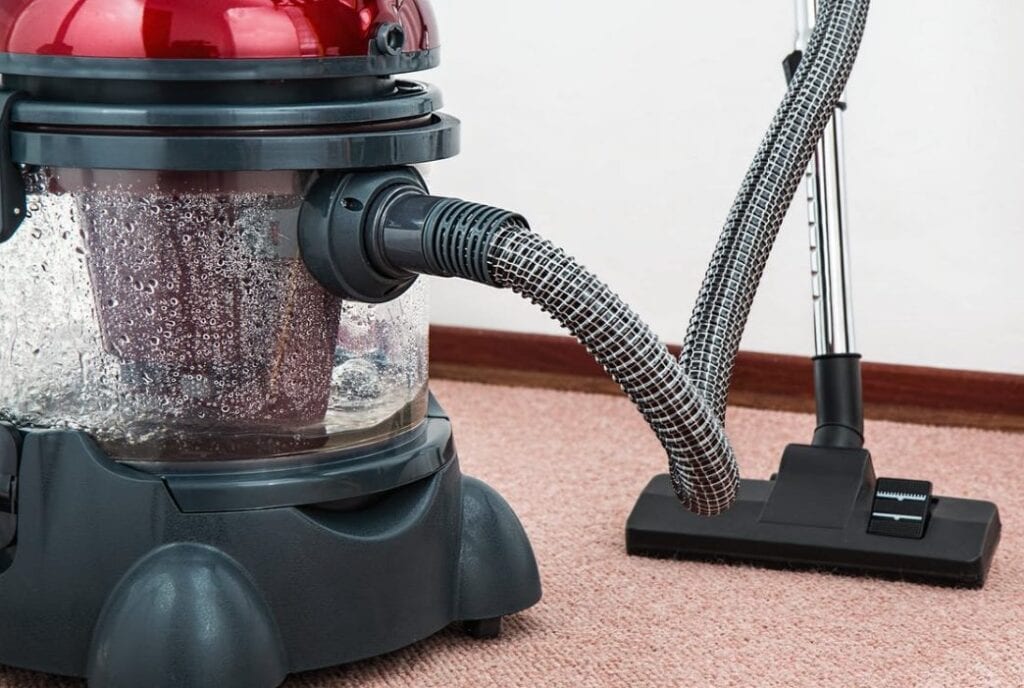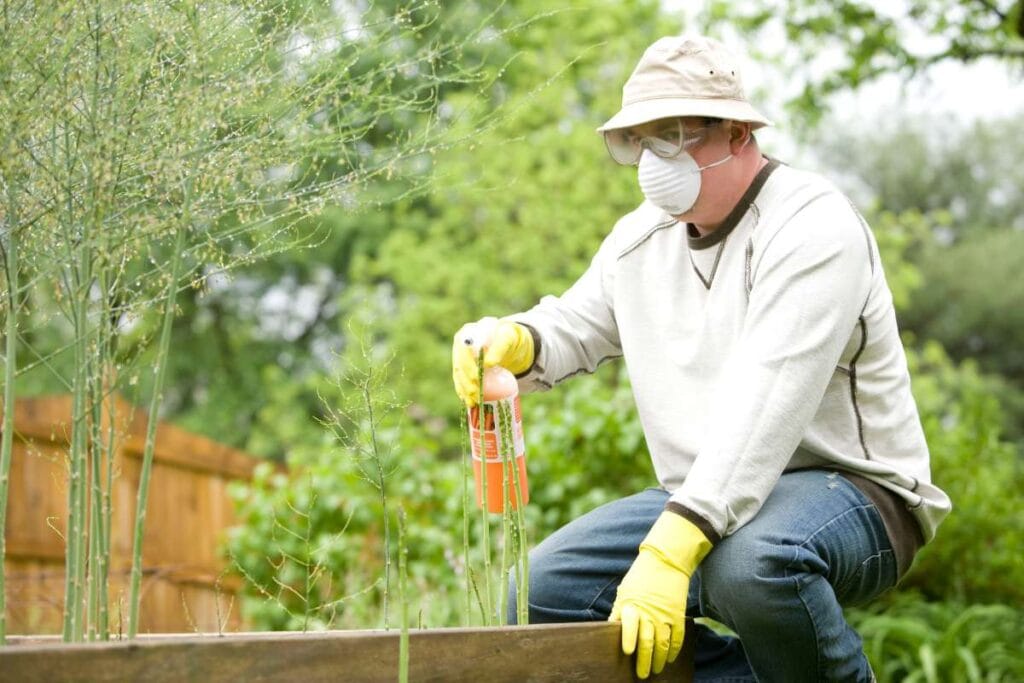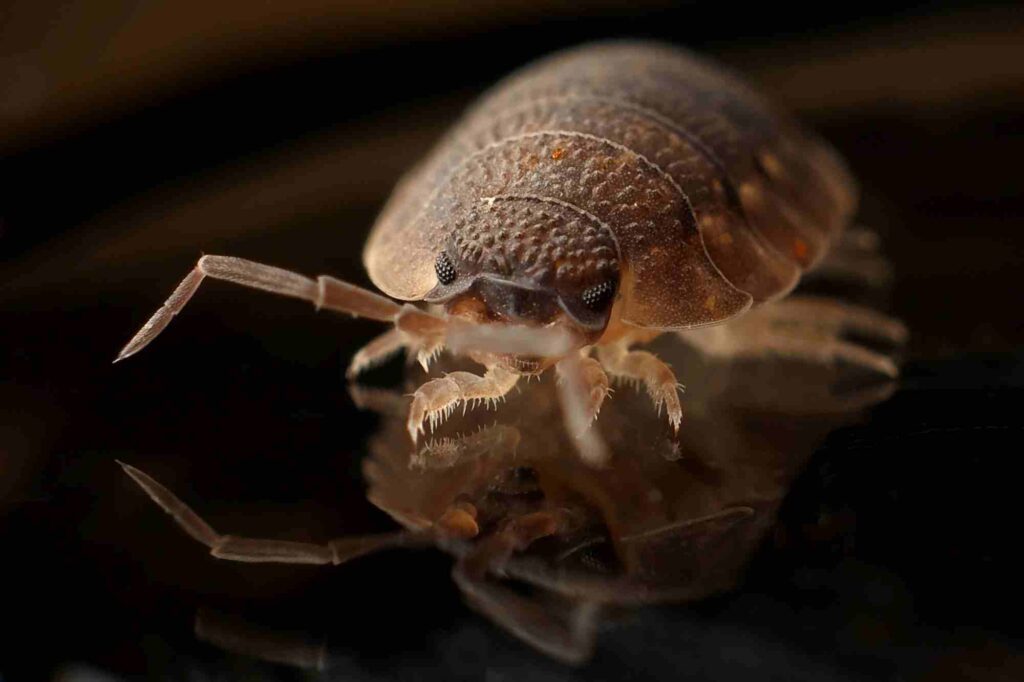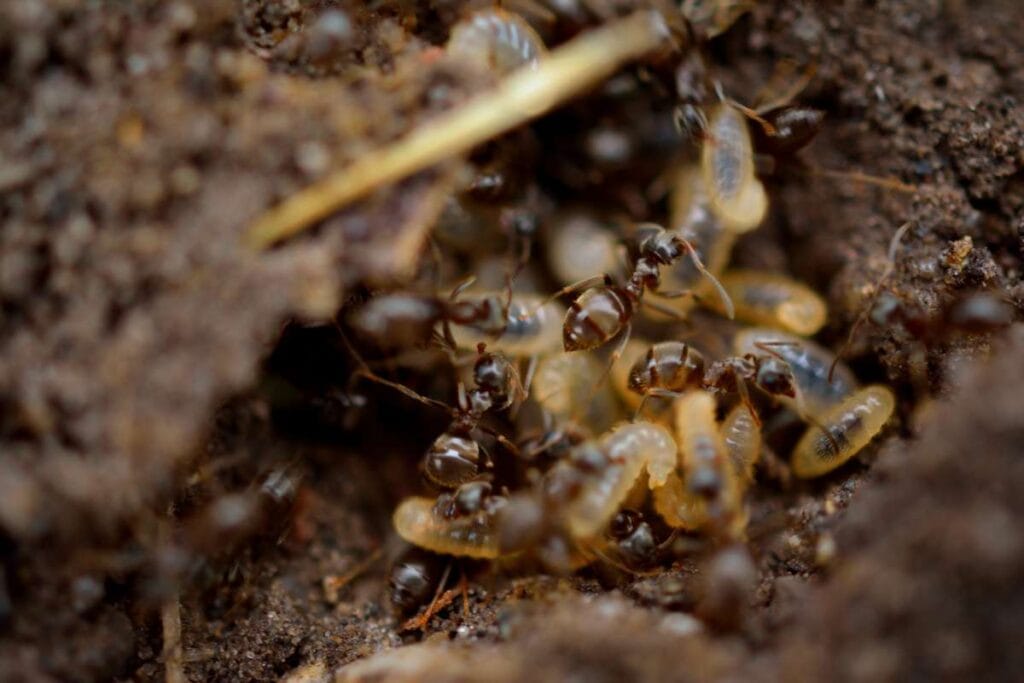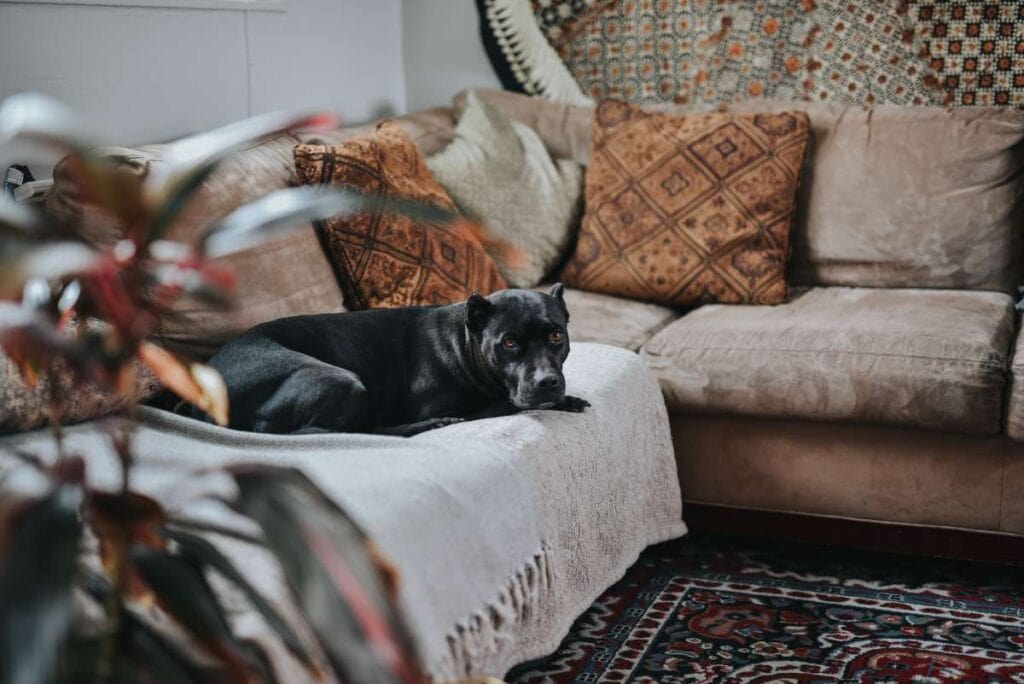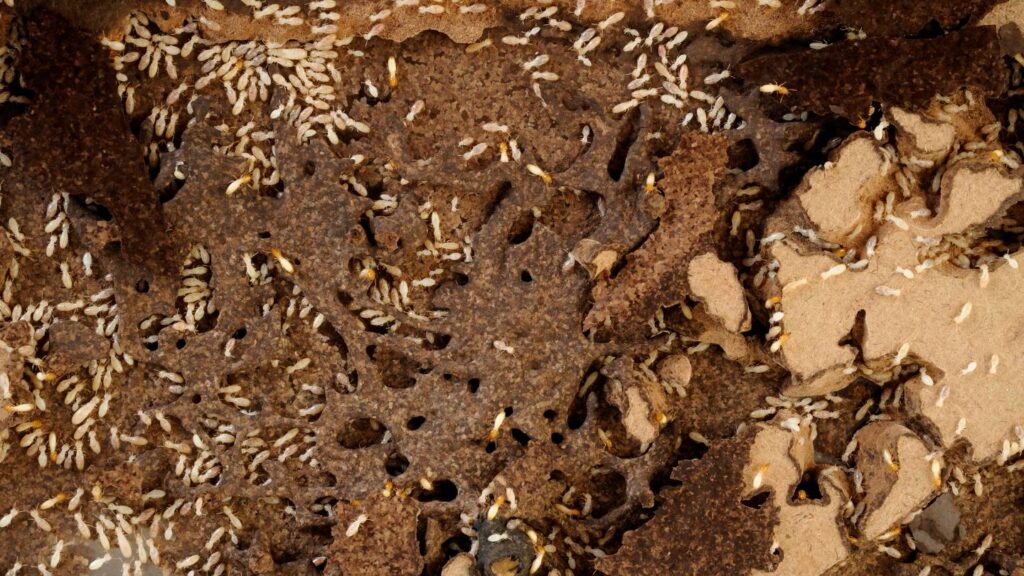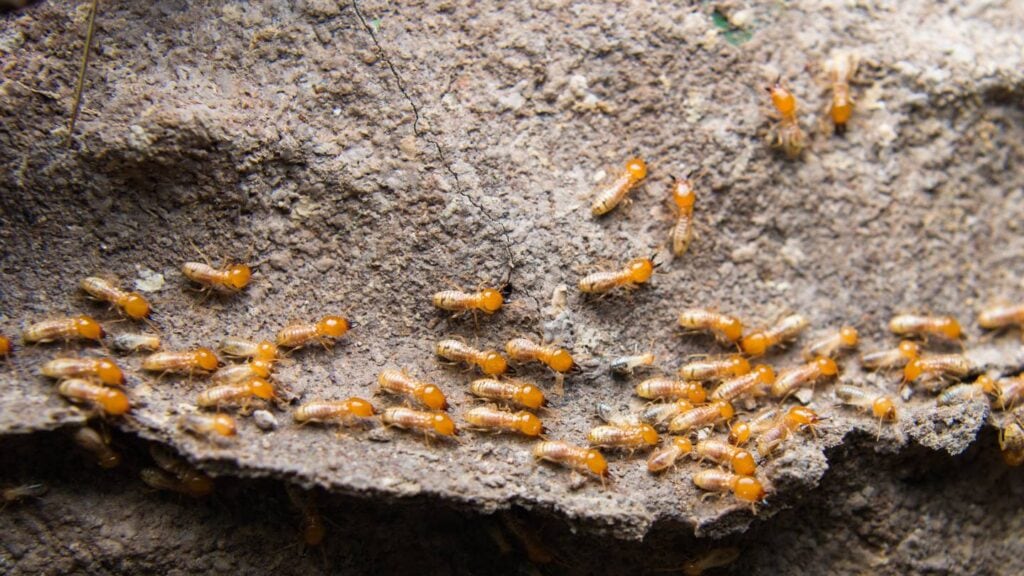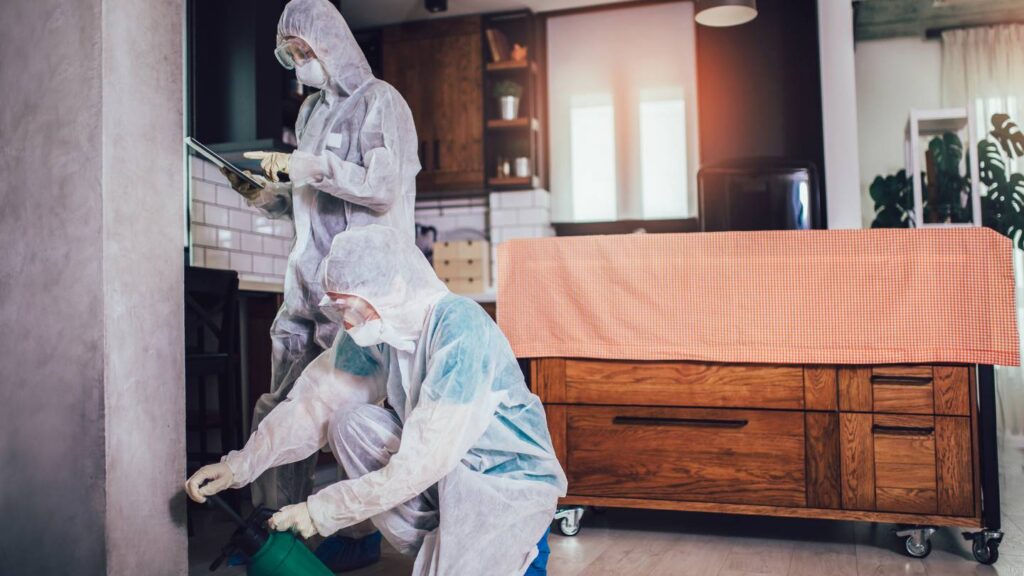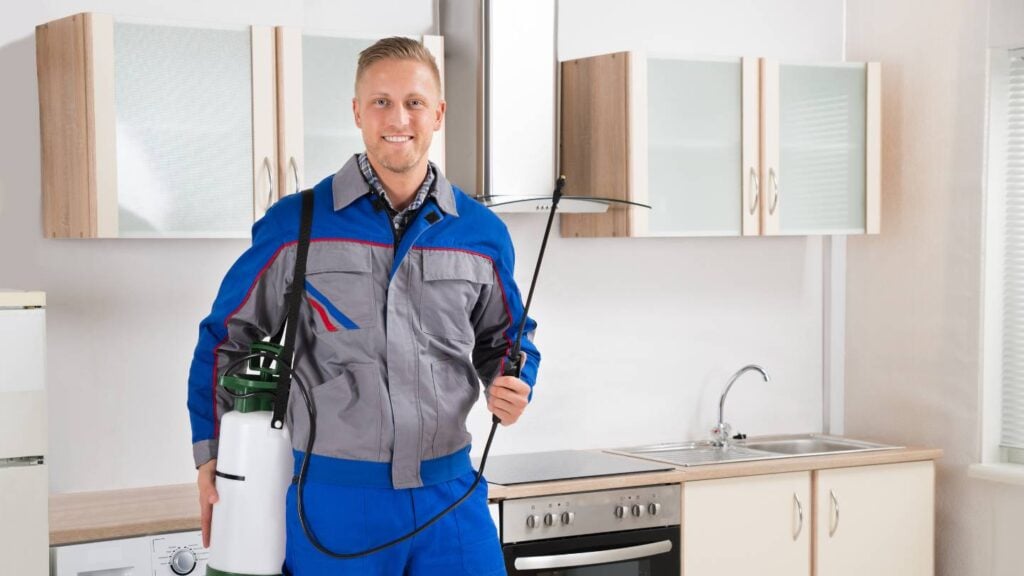The discovery of a dead rat in one's home is unwelcome. It's not uncommon for it to occur occasionally. The accompanying odour can be extremely foul and challenging to eliminate. Take heart if you're in this situation! A few simple steps can eliminate the smell and improve your home's air quality. Keep reading for ways to remove rat odour.
How To Remove Dead Mouse Odour
No one who has dealt with one in their home will ever forget the stench of a dead rat. Sulphur dioxide and methane, two byproducts of the decomposition process, contribute to the putrid odour. The stench of decaying flesh is the ap test analogy.
Decomposition takes longer because larger animals have more tissue to break down. The odour of a dead rat is more likely to be strong and linger for a more extended period than that of a dead mouse because of the rat's larger size. Still, you may be unable to tell the difference between a dead rat and a dead mouse unless you look at the corpse in person.
There is no set formula for determining how long the odour of a dead animal will linger, regardless of whether the animal was a rat, mouse, squirrel, or opossum. Drying out the carcass and allowing the odour to dissipate naturally could take several days to a week. Increased nauseating smell due to the process being impacted by humidity.
Because of the persistence of the odour long after conventional cleaning methods have been used, dealing with a dead mouse is an unpleasant and challenging task. Getting rid of a foul odour is a multi-step process. These are the ways to get rid of the smell of a dead animal:
People, Please Get Rid Of The Dead Mice In The Correct Manner
Do not leave food scraps around the house or outside in unattended trash cans. It will not only attract mice, rats, and other pests looking for a free meal, but it will also attract other unwanted insects and pests to your home and garden. It's also important to remember not to leave soiled dishes in the sink. Do the words by hand right after using them, or load them into the dishwasher and wait to open the door until the cycle is complete.
You should also scrutinise your home, inside and out, for any possible entry points for pests. Look for cracks as small as a mouse's nose in the roof, walls, and around the bottom of doors.
Mice will sniff around outside your house, looking for food and a place to hide. For instance, if they notice a garage door with a "rubber gasket" that isn't perfectly seated because of a tear or unevenness, they will stop and look into it.
Mice can squeeze through tiny openings by bending or compressing their skeletons to a fraction of their standard size. Also, shrews are essential to remember. They will be difficult to evict if they find a way into your home (perhaps through a crack in the slab?).
Getting rid of a dead mouse as soon as possible after discovering it on your property is essential.
Protect yourself from disease and contamination using gloves and other safety equipment.
Spray the dead animal and the infected area using a disinfectant or a bleach and water solution.
- Seal the plastic bag around the body of the rodent.
- Toss in some rodent poop and a nesting box, too.
- Make sure the plastic bag is completely sealed. Due to the potential for airborne virus transmission, it is important not to release any additional air from the pack.
- Insert the sealed bag into a second plastic bag and ensure that both bags are airtight.
- Put the trash can's lid on the plastic bag containing the body. You can also sort it out with recyclables and garbage.
- Remove gloves, wash hands with soap and water, and toss them away correctly.
- Do another round of soap and water hand washing, and then follow up with a disinfectant spray.
If the source of the odour is not removed, it will persist and may even intensify over time. However, getting rid of a dead rat on your own is not always easy or safe.
That's because rat deaths aren't always discovered in the most inconvenient spots. Mice and rats are notorious for dying after entering an enclosed space, such as a wall, air duct, or ceiling. It significantly complicates matters, as removing the dead rat's body is complex, holes will need to be cut, and the drywall repaired afterwards.
Use The Right Tools And Techniques When Cleaning
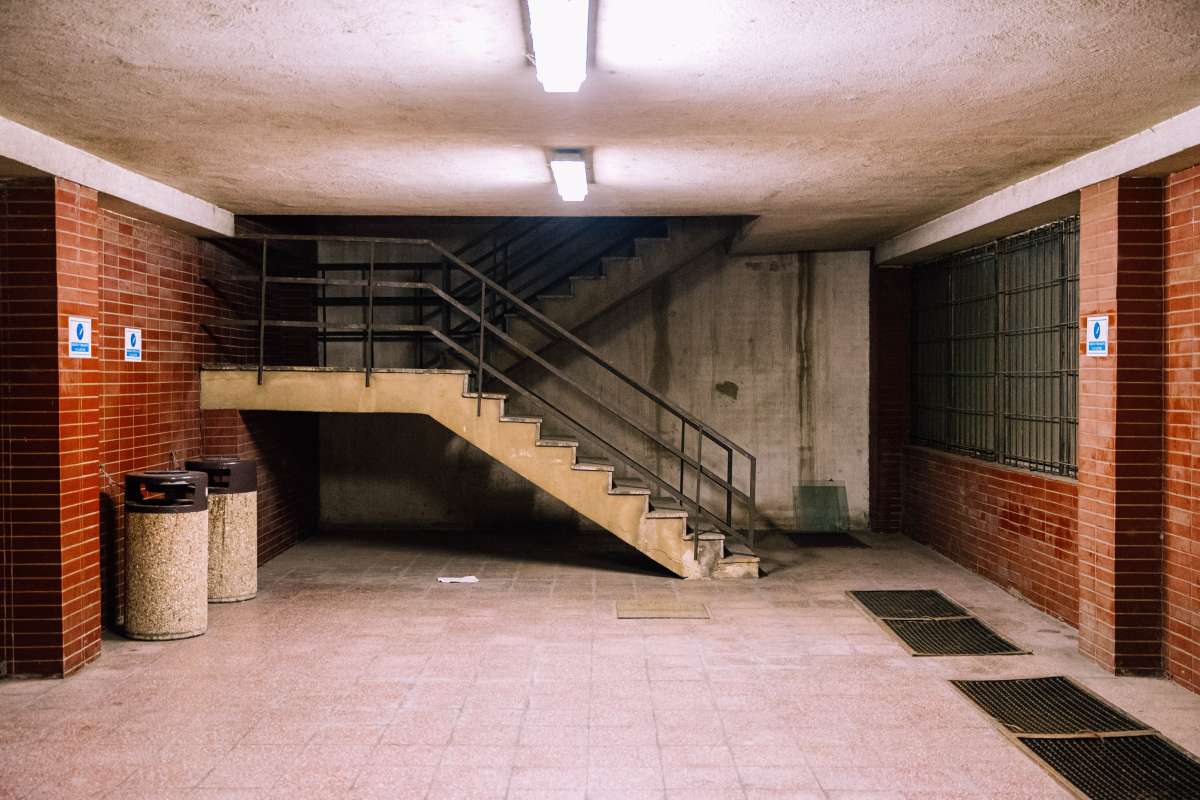
Clean and deodorise any affected home areas after removing the dead rodent's body. A few suggestions for cleaning and disinfecting the affected area:
Use vinegar as a deodoriser by filling several cups with it and sprinkling them strategically around the house. The foul smell of the decomposing animal is absorbed, and the air is purified as a result. Remember that this may leave a vinegar smell in the house, but it is usually tolerable and can be eliminated after a few days of airing out the house.
Baking soda is another common household item that can effectively mask a dead rodent's stench. You can make a deodoriser by combining baking soda and water in a spray bottle and spraying the area regularly.
Use a bleach solution to neutralise the stench of a dead animal's decaying flesh. This bleach solution is prepared by mixing 1 part bleach with ten parts water, then left to sit on the soiled surface for 10 to 15 minutes before being wiped away.
To eliminate the unpleasant smell, scatter some charcoal briquettes around the house. Rather than using synthetic briquettes, opt for those made entirely from natural materials. You can also purchase charcoal deodoriser bags to remove the odour of the deceased animal.
Disinfectant Spray Or Foam: Use a commercial disinfectant formulated for the type of surface you're cleaning. For instance, if you're cleaning hardwood floors, you should use a product specifically designed for that purpose.
Release The Inside Air Tank
It's important to air out your home before and after cleaning it of the odour of a dead rat or mouse. Keep indoor air quality safe for people and pets by letting in fresh air through open windows and doors.
Put an electric fan near your open doors and windows to help circulate the fresh air and eliminate the stale smell even faster. Set up a second fan at the opposite end of the room to propel the air around the interior.
To further improve air circulation and eliminate the unpleasant odour, you could put in a ventilation system.
Please Get In Touch With A Qualified Service Provider
If there is still the faint odour of rotting rodents after you've done everything you can, it's time to call in the pros. After eliminating the last of the rats inside your home, you can call in the cleaning pros. They scrub the whole house down, including all the nooks and crannies. You can call professional rodent control services to get rid of rodents hiding in hard-to-reach places, such as inside walls. They also aid in the removal of urine and faeces left behind by the vermin.
Some DIY pest control strategies cause bodies to hide out until their decaying odours give them away. Dead rodent odour removal begins and ends with finding the source of the smell and getting rid of it.
Dead rodents can typically be found in concealed areas, such as the walls or ceiling. In such a situation, it's usually necessary to wait out the odour. The time it takes for a dead rodent to decompose is affected by several variables, such as the rodent's size, the surrounding environment, the temperature, and the availability of decomposers like flies.
Unfortunately, complete decomposition could take up to three weeks. It is possible to hire a specialist to break down and rebuild damaged walls. It is not an option because of the high cost involved.
The unpleasant odour of a dead rodent can linger for up to two weeks after the source has been removed. There's a chance that cracking open some windows and turning on some fans will help. It is possible to eliminate unpleasant odours with the help of air fresheners and disinfectants that also neutralise undesirable gases.
As rodents are known to carry a variety of diseases, it is recommended that protective gear such as gloves and respirators with available cartridges be worn during the cleanup process. You should discard all items worn while working with a rodent.
Locate The Rotting Rodent
It's a good idea to follow the stench to its source, but that's not always the case. To that end, it is helpful to have a general idea of the places mice and rats favour in a home.
Like mice, rats live in secluded areas of a property that also have ready access to food and shelter. Because of this, those are the most likely areas where rats will meet their untimely end.
Consequently, follow your gut, but double-check:
- You're storing cars in your garage.
- Spaces in the ceiling
- The upper floor or roof space
- Rooms below the roof
- Empty holes in walls (if possible)
- Subterranean areas
Allow For Adequate Ventilation
Open the windows and doors once the offending odour has been eliminated. Keep all the windows open for as long as possible to ensure constant airflow. The use of fans is strongly recommended.
Use anything at your disposal that can absorb odours. Candles and essential oil diffusers can also be helpful, as can air fresheners and deodorisers. For instance, peppermint oil has many uses beyond masking the odour of a dead rat. It also serves as a natural deterrent for rats.
Oils and air fresheners will only cover the odour, so keep that in mind. Urine stains and odours are notoriously difficult to eliminate, but enzyme cleaners have proven to be highly effective. If you'd instead not use chemicals, you can always try some natural remedies to eliminate the stench of decaying rodents.
Identification
Of all the animals and pests that have a penchant for breaking into people's homes and causing havoc, rodents are the most likely to die there and start stinking up the joint. Mice and rats, in particular, are notorious for sneaking into homes, only to perish in a hard-to-reach spot after either starvation or ingesting rodenticide bait.
Insects and flies of all sorts, including those carrying disease, may arrive at this time to feed on the decaying flesh or lay eggs on the corpse, further compounding the situation.
Inspection
Identifying the dead rodent or other animal is the first step; then comes the inspection to pinpoint the source of the stench and get rid of it before it spreads.
Where To Look
Dead animals found inside a home should be disposed of immediately. As a result, they are difficult to spot. A dead animal may lurk in your home if you notice the following symptoms:
- There's a powerful odour emanating from both inside and outside your home.
- Various Discolorations on the Walls and Floor
- Clusters of flies in one location
Look in the basement, crawlspace, and attic, as these are familiar hiding places for pests.
What To Look For
The location of the dead animal is what you're trying to determine. Check for the presence of insects, as decomposing rodent bodies attract a wide variety of insects. Take note of insect behaviour, such as flies circling a wall or vent. It will serve as a clue as to the location of the corpse.
Getting rid of the carcass as soon as possible is essential, so it doesn't contaminate the environment and endanger your health. Typically, people will bury them in the yard. Keep dead animals in plastic bags until disposal. Alternatively, you can get rid of them by calling an animal control service. To find out how to dispose of dead animals following the law, you should contact the appropriate authorities in your area.
Treatment
To Thoroughly Clean The Area
You should thoroughly clean the area where you removed the dead animal. Doing so improves sanitation and allows you to get rid of the lingering odour. It may be advisable to bring in a spray hose to clear out the remnants if you are in a commercial or industrial building, a barn, or some other non-residential structure. Wear protective gloves and thoroughly scrub the area with a disinfectant cleaner.
Smear On Some Rat Sorb Odour Remover
Rat Sorb is an odour absorber typically used to get rid of the stench of decaying rodents in hard-to-reach places like walls, attics, and other enclosed spaces. Rat sorb can be applied directly to the source of the odour by soaking a cotton ball or diluting it in a spray bottle. Apply the product repeatedly until you no longer smell the stench of decaying rodents.
Put In Use An Odour-Eliminating Sponge
We advise using Nature's Air Sponge Odour Eliminator for particularly potent odours. This item effectively absorbs odours, so the smell of the dead animal will be gone in no time. The smell will be gone entirely in a few days if you put a sponge in the spot where it is most intense. As an alternative, the sponge can be moved further from the source of the odour without losing its ability to absorb the odour.
What To Use To Clean
Several everyday household items can be used to neutralise the stench of a dead mouse, which is good news for the homeowner. Look at the options available to homebuyers in the table below.
First, using gloves, scoop up the dead mouse or rat and place it in separate plastic bags.
When you find a rodent infestation, choose a solution from the list below and spray the area around it. It greatly aids in eliminating the lingering stench of decaying rodents. Do not forget to clean your hands thoroughly after completing this task.
Salicylic Acid
To neutralise a rotten stench, all you need are ingredients from your kitchen.
Vinegar
Vinegar has natural deodorising properties. Like vinegar can entice gnats indoors, it can soak up the odour of a dead rodent. If you put vinegar in a few different cups and place them around the house, it can help. When you're sure it's done the trick, open the windows to let in some fresh air.
To eliminate the unpleasant smell, use charcoal briquettes made from natural ingredients. Charcoal's carbon content will absorb the offending odour from the air and store it within the coal briquettes.
Products For Sale To Kill Germs
Hardwood flooring should be cleaned with a particular product, as ceramic tile can be damaged by some chemicals used in general-purpose cleaners. Buying the right product is crucial here. Before applying a commercial product to your walls and floors, read all the instructions.
You can use bleach to clean up a contaminated area and kill any bacteria that may be present. Clean up where the dead rodent was found by combining ten times as much water as bleach.
What Attracts Them In The First Place?
Rats are opportunistic animals that don't necessarily want to harm you. They are attracted to homes and businesses that have garbage bags lying around or use cans that aren't covered. Even though it's commonly believed that larger animals will scare away rodents, pests are attracted to homes with pets because they enjoy eating pet food.
Because they can squeeze through a hole the size of a quarter, apartment buildings, older buildings, and warehouses are easy prey for them.
How To Keep Them Away
You will reduce the opportunities for rats and other household pests by taking the following three measures:
First, eliminate the clutter, food, and water that could attract rodents. Leftovers opened packages of food, and pet food should be kept in airtight containers. Instead of leaving out full dishes of dog or cat food and water all the time, only put out what is needed when feeding your pet.
Search for gaps in the foundation, around doors and windows, and seal them with steel or copper wool and silicone caulk.
To finish, pouch up by putting rodent pest prevention pouches in areas where rodents are a problem. To combat these pests, EarthKind has developed a botanical repellent that relies on a blend of essential oils that most people find pleasant. Mice and rats will avoid the area if the scent is present there.
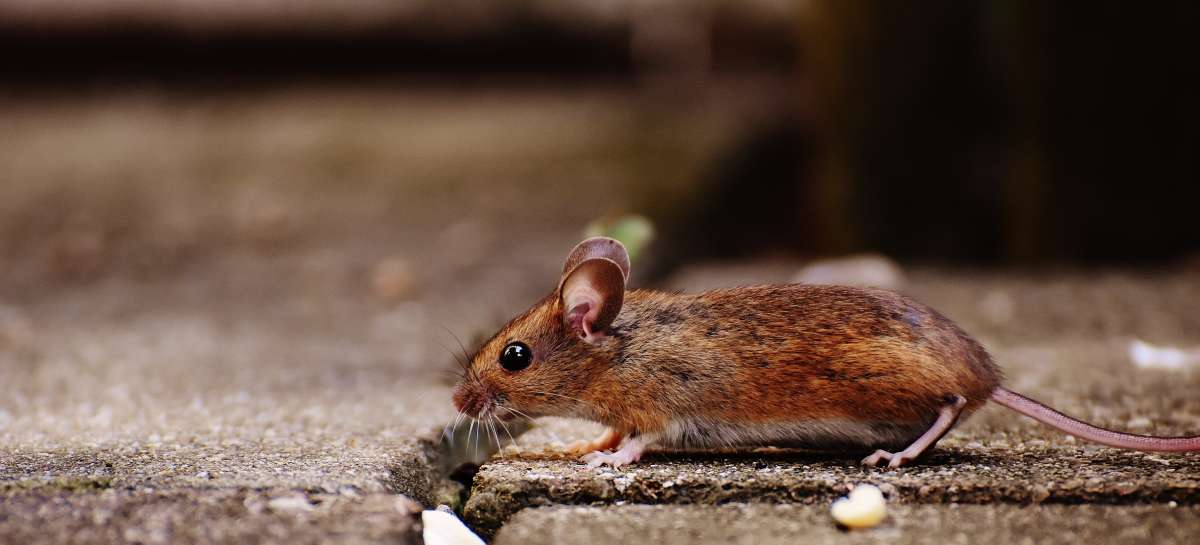
Conclusion
What should one do if they discover a dead rat in their home and find the stench intolerable? Okay, well, we can assist you. Getting rid of the pests is as simple as making a phone call. They can exterminate the rodent and treat your home to eliminate the stench. We suggest using vinegar and water, baking soda and water, or ammonia and water. Each of these suggestions entails preparing a mixture and spraying it in the vicinity of the dead rat.
Content Summary
- A dead rat is an unwelcome sight in anyone's home.
- In just a few easy actions, you can restore freshness to your home's air and get rid of the odour for good.
- Look around the outside and inside of your house for cracks and crevices that pests could use to gain entry.
- Check the ceiling, the walls, and the bases of doors for openings as small as a mouse's snout.
- It's not always simple or safe to dispose of a dead rat on your own.
- Take use of vinegar's deodorising properties by filling several cups with it and scattering them about the house.
- Simply mix baking soda and water in a spray bottle and use it to neutralise odours as needed.
- The putrid odour of rotting animal meat can be removed with a bleach solution.
- Spread some charcoal briquettes around the house to neutralise the odour.
- Allowing fresh air to enter through open windows and doors will help maintain a healthy environment indoors for humans and animals alike.
- When you're sure you've gotten rid of all the rats in your house, it's time to call in the specialists to clean up the mess.
- Once the foul smell has been removed, you can open the windows and doors.
- If any of the following occur, a dead animal may be hiding somewhere in your house.
- Animals should be kept in plastic bags until they are disposed of.
- Contact the local authorities in your area to learn more about the legal requirements for disposing of dead animals.
- It's important to give the spot a complete cleaning after removing the dead animal.
- You can get rid of a foul odour using common household items.
- Take these three steps to lessen the likelihood of rat and other pest infestations in your home:
- The first step in getting rid of rodents is to get rid of any litter, food, or water they might find.
- pouch up by distributing rodent pest prevention pouches to affected regions.
- Making a phone call is all it takes to get rid of the bugs.
- Their services include both eradicating the rat and treating your home to get rid of the odour.
Frequently Asked Questions
The decomposition of a dead rat takes about two to three weeks, but it takes much longer in colder temperatures. The stench of a decomposing body will linger for some time after the body has been removed. Instead, you can expect the odour to stay for about two weeks.
The unpleasant odour of a dead rodent can linger for up to two weeks after the original cause has been removed. The fragrance needs to be dissipated quickly, so natural ventilation is essential. It could help to open some windows and run some fans.
Most homes do not have reliable ventilation, so the gases can quickly enter the body through the lungs.
The decomposition of a dead rat takes about two to three weeks, but it takes much longer in colder temperatures. The stench of a decomposing body will linger for some time after the body has been removed. Instead, you can expect the odour to stay for about two weeks.
The unpleasant odour of a dead rodent can linger for up to two weeks after the original cause has been removed. The fragrance needs to be dissipated quickly, so natural ventilation is essential. It could help to open some windows and run some fans.
Most homes do not have reliable ventilation, so the gases can quickly enter the body through the lungs.
Once they've made their way inside a wall, they're notoriously tricky to get rid of. A deodoriser could be of use. Since it's tough to pinpoint precisely where to cut the wall, and the smell might seep through the walls, this could be challenging.
Because rats are so gregarious, a single dead rat usually indicates the presence of additional rats in the area.

